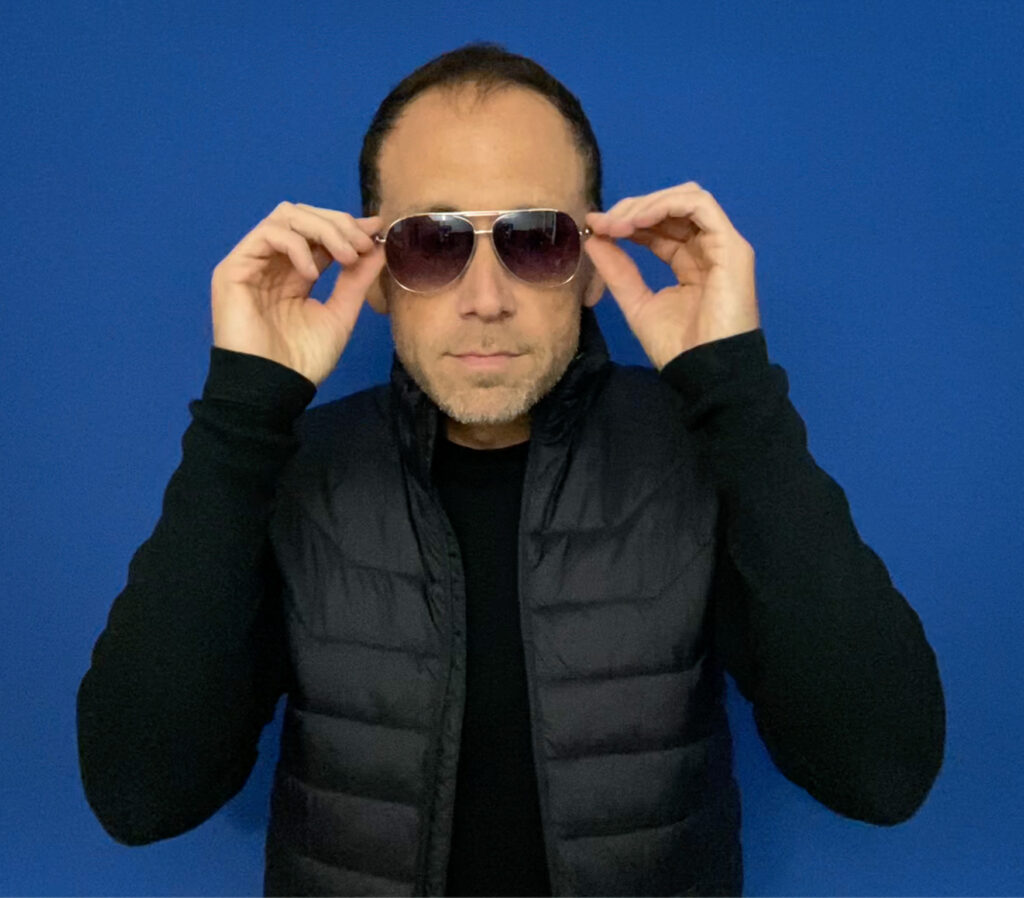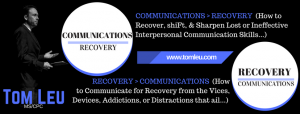Manifesto

Manifesto: a published declaration of objectives, opinions, intentions, and motives of an individual or organization’s work.
**The world is full of a lot of good people. I like them.
The world is also full of a lot of people who are full of shit. I even like some of them too.
This Manifesto is intended for both groups. But…
Only the first group >> the 5%, will likely “get” much out of this Manifesto, rather than those in the second group who need it most.
That’s OK.
Because I’m not seeking consensus here. I’m seeking those who embrace critical thinking. I’m seeking those who aren’t afraid to honestly and fearlessly question themselves, and the world around them in order to improve. I’m seeking those willing and able to grow personally. Personal growth inevitably fosters professional growth. But it requires we make shiFts in our lifestyle.
to shiFt = to Change. to Challenge. to Question. to Seek. to Grow. to Evolve. to Move. to Modify. to Adjust. to Alter. to Analyze. to Advance. to Understand.
The goal is to miss less than most. This necessitates being much more tuned-in by possessing a hyper-awareness of yourself and the world around you. Doing so renders you much more contributing and therefore valuable to others.
So, I’m empowering the 5% and challenging the remaining 95% to discover, recover, and apply better communication skills by shifting the conversation… first with themselves, and second with others; one interaction at a time. It’s called Communications <> Recovery AND Recovery <> Communications.
This is Interpersonal Success Psychology producing PERSPECTIVE CPR >> to start “seeing things” differently. I employ a “CPR” approach to personal growth and professional development. It’s about breathing new life into areas that may be dying, or already dead.
My work is about insisting on examining and improving COMMUNICATION skills. This is the “C“… Better human interactions make the world a better place to be. My belief is that all the world’s ills, debates, and battles FIRST begin with a breakdown in communication somewhere, somehow, with someone that can be transactionally analyzed, and then adjusted for improvement. Sounds ambitious. It is, but no less important.
“How we communicate with ourselves (intrapersonally), and how we communicate with each other (interpersonally), are the critical skill-sets which are the foundation and driver of everything that happens afterwards within all of our relationships.” – @tomleu
Unfortunately, most think that “communication skills” are common sense. Of course, they’re not. “Common sense” NOT applied runs rampant everyday, in every way, and everywhere, when you’re really tuned-in to “see” it.
Next, in order to best communicate with ourselves and others, we need to possess a better than basic understanding of the key and core concepts of our shared human PSYCHOLOGY. This is the “P“… Sure, most have heard of Sigmund Freud, taken Psych 101, and have likely read more than a few pop psychology articles, but how much do you truly understand how your individual psychological patterns influence and drive all of your attitudes, beliefs, communication tendencies, and daily behaviors? These are significant questions with resulting revelations that have profound impacts on those who willingly and courageously explore and embrace them.
And finally, speaking of courage… based on the dynamics of our shared communications-psychology (what I call Communichology™), I believe we’re all in, or need to be in, RECOVERY from something, or some things. This is the “R“… Be it recovery from careless or complacent communication skills, misinformed or long-held malignant beliefs, or any number of addictions, vices, devices, or distractions that result in self-defeating behaviors and outcomes for you and yours.
So…
There are two distinct, yet co-existing and recurring core elements and approaches here:

1) Communications > Recovery = (how to recover and sharpen lost and/or ineffective interpersonal communication skills)
How we talk to, and interact with others, verbally and nonverbally, influences how THEY behave. And how they behave (i.e. what they DO and DON’T DO) influences how we behave.
2) Recovery > Communications = (how to intrapersonally communicate for recovery from that which ails us)
How we talk to, and interact with ourselves, verbally and nonverbally, influences how WE behave. And how we behave (i.e. what we DO, not just what we SAY we do) influences our lifestyle (the product of our behavior).
All of this is based upon an intimate understanding of our very human psychology. Many people they “got this” or “don’t need this” because they’ve skimmed a few articles, read a book or two, listened to a podcast, or attended a seminar once upon a time.
Here’s the hard truth about soft skills: “Soft skills” are hard to teach and harder to sell to those who need them most. This turns out to be most people unfortunately. And another truth: We’ve all got “something” to recover from, somewhere, somehow, sometime. Those who can honestly look in the mirror and accept this, and not deny it, have a leg-up in the world.
You’re reading this now because I believe this is an effort worth championing and fighting for ongoing.
At the end of the day, I’m urging you to pursue the best version of yourself. To suck it up, own your own shit, and resolve to make better choices to change and improve despite the difficulty. To do this for yourself first; and for the benefit others around you second. It has to be about more than just flashy speeches and clever sound bytes. It has to be done more than once or twice. It has to be demonstrated in your actions ongoing. It has to be about observable behavior, not obligatory banter, to truly matter.
To recap: I’m talking shiFt by calling out careless and complacent communication, bad behavior, and poisonous pop culture psychology so prevalent in today’s society. The 1st goal is to encourage critical thinking before consensus. The 2nd is to improve personal and professional outcomes one conversation, and one interaction at a time.
I believe we’re all charged with all of the above because the world is full of opportunity for improvement. I don’t believe in burying my head in the sand, hoping, and “having faith” that shit will just miraculously get better without changing anything. People need to take initiative and DO something in order for things to change for the better. Everything comes down to our decisions to take action (or not) in the moment. My doing begins with walking the talk to make a difference.
First and foremost, I believe in clearly calling out the problems, the challenges, and the crap. My natural delivery style is somewhat snarky and sarcastic at times, but no less sincere. It’s not to be cruel, but to be clear about the real problems at hand, not just the symptoms of the problems. But I don’t live there; I don’t remain stuck in the problems, whining, crying, and complaining incessantly. That’s one of the most common issues out there: too many problem-see-ers; not enough problem-solvers.
Second, I choose to seek, to uncover, to discover, and share solutions to problems based on my education and experience. It’s the little things that add up to big things. Things like how people interact with each other, and with themselves. Things like how people communicate verbally and nonverbally. And how people “see” the world around them despite their personal prejudices, biases, and ingrained filters. It all starts with talking about it first; honestly, and openly. But initiating a dialogue is just the beginning, not the end.
talking shiFt is about changing things for the better, to shift the conversation, to shift our perspective to “see” the world differently. Because if we don’t seek different vantage points to view the world through different lenses, we’ll never be able to recognize the opportunities we all have, every day to make a positive difference. Opportunities to shift our thinking, to ultimately shift our behaviors, in the moment, for better outcomes. Why wouldn’t you…?
Stay tuned-in…
Disclaimer: All positions expressed here are solely those of the author and do not necessarily represent those of any past or present employer, client, nor their associates.
You are one smart human